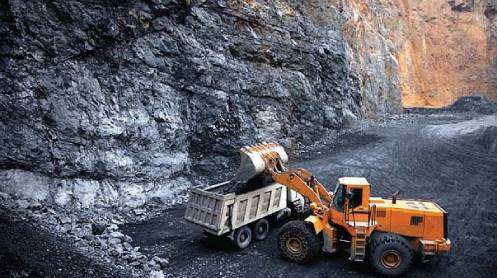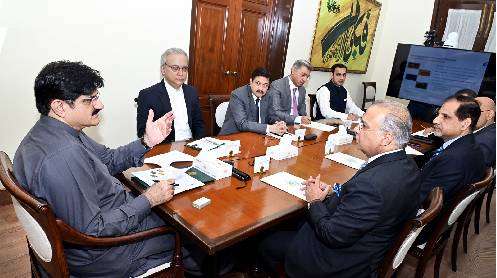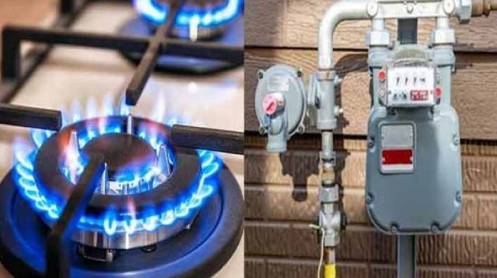ISLAMABAD: The government’s decision to shift Thar coal transportation from road to rail has raised concerns among private power producers, with Lucky Electric Power Company Limited (LEPCL) cautioning that the absence of backup mechanisms could expose Pakistan’s energy supply chain to systemic risks.
LEPCL, which currently trucks coal from Thar to its Port Qasim plant, told the Private Power & Infrastructure Board (PPIB) that while it supports the move toward rail logistics, contractual and infrastructure gaps must be resolved before full transition.
Pakistan Railways is constructing the 105-km Thar Mine–Chor track, targeted for mid-2026. However, related facilities — including a 9 km spur line and unloading infrastructure near PIBT — remain under PC-1 review, creating risks of costly double handling for at least 18–24 months.
LEPCL has urged PPIB to (i) defer binding rail commitments until the full project is completed, (ii) ensure development of a truck-loading facility alongside rail, and (iii) amend its Power Purchase Agreement (PPA) to include a force majeure clause covering rail-related risks, similar to provisions in the Sahiwal coal plant’s PPA.
Industry experts note the policy aligns with government goals to cut road congestion and improve efficiency, but warn that without fallback trucking and contractual safeguards, coal-fired plants face operational vulnerabilities.
By flagging these issues, LEPCL has highlighted the critical balance between long-term policy ambitions and near-term reliability in Pakistan’s coal supply chain.
Story by Mushtaq Ghumman







